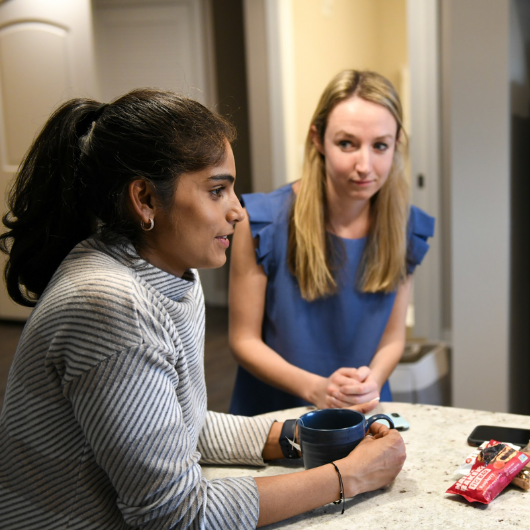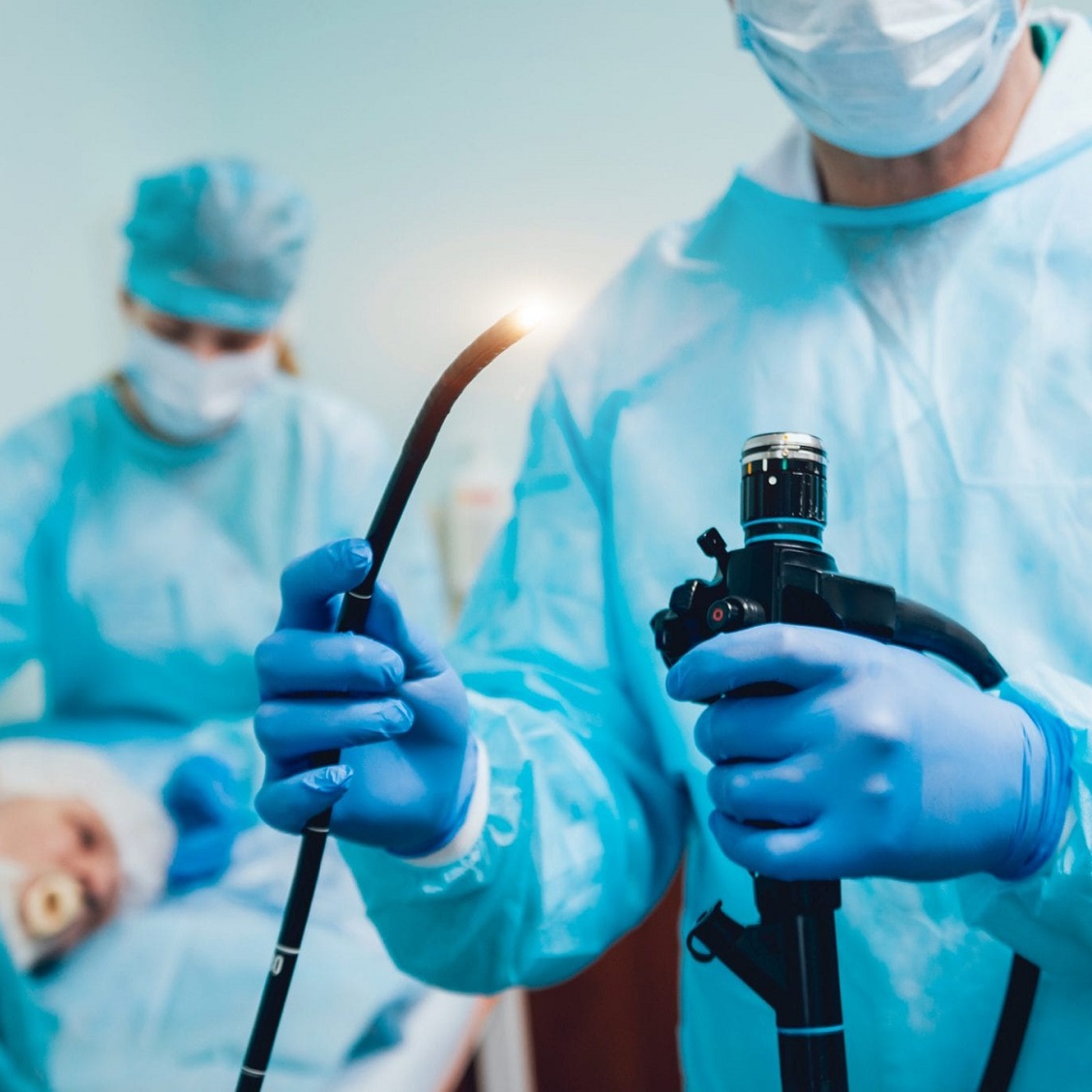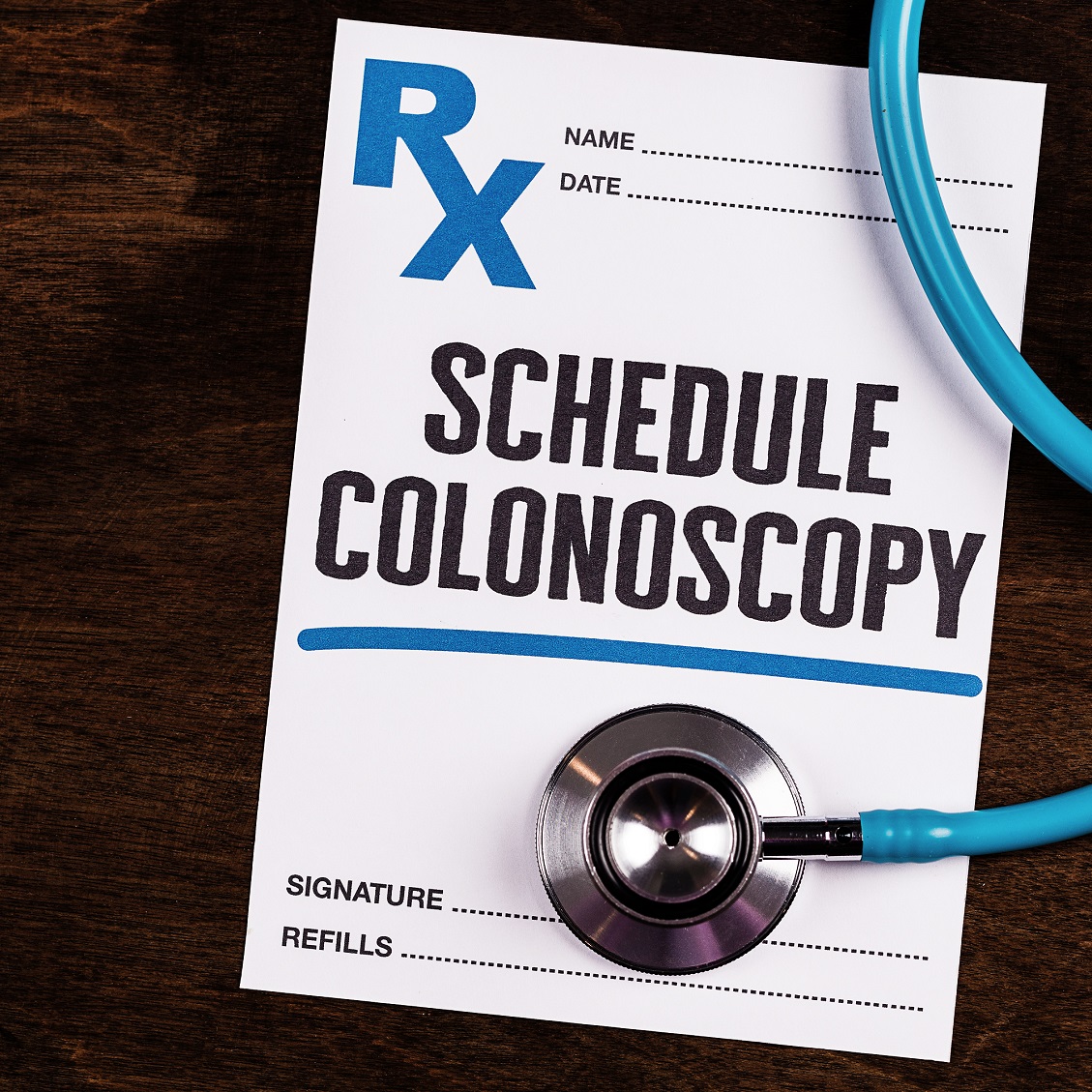Am I at Risk for Colorectal Cancer? Understanding Genetic Factors and Early Detection

May 12, 2025
Your genes have a lot to say about who you are, from your hair and eye color to your health. They may also have an impact on your risk of several types of cancer, including colorectal.
“With colorectal cancer on the rise among young people, early detection is the best protection,” says colorectal surgeon Gregory Charak, M.D. “The screening is simple, and if you may be at risk, it can be crucial.”
Genetic Risks for Colorectal Cancer
The most common genetic condition that increases colorectal cancer risk is called Lynch syndrome. Depending on the specific gene problem causing your Lynch syndrome, your lifetime risk could be anywhere from 10% to 80%.
“Lynch syndrome is a genetic disorder that can increase your risk for a number of cancers, including colon and rectal cancer, uterine (endometrial) cancer and a number of other cancers around the body,” says Dr. Charak.
“In terms of genetic syndromes that cause colon cancers, it’s the number one leading genetic cause of colon cancer, but it only accounts for 3% of colon cancers globally,” adds Dr. Charak.
While Lynch syndrome is the most common, it is not the only gene of note. The other well-known genetic cause of colorectal cancer is called familial adenomatous polyposis (FAP).
It may be rarer, but it is also more severe. “FAP has a 100% rate of colon cancer, while the risk associated with Lynch is less,” Dr. Charak says.
How Do I Know if I’m at Risk of Colorectal Cancer?
Could you be at risk for colorectal cancer? Here are some things to consider:
- Family History of:
- Cancer: Do you have close relatives who have had colon or uterine cancer? While many cases are not tied to a family history of colorectal cancer, up to one-third of patients, do have relatives who've also had the disease.
- Lynch Syndrome: Do any of your family members have Lynch syndrome?
- Early Onset: Have any of your relatives developed colon or uterine cancer under the age of 50?
- Symptoms: Have you noticed blood in your stool or changes in your bowel habits, like new constipation?
If you answered yes to any of these questions, you should consider getting a colorectal cancer screening and genetic testing.
When Should I Start Screening for Colorectal Cancer?
The American Cancer Society recommends starting colorectal cancer screenings at age 45. If you have a family history of the disease or other risk factors, you may need to start screening earlier.
[H3] Types of Colorectal Cancer Screenings:
There are several ways to screen for colorectal cancer:
- Stool Tests: These tests check for blood or cancer DNA in your stool, which can be a sign of cancer.
- Colonoscopy: This procedure allows a doctor to examine the inside of your rectum and colon using a thin, flexible tube with a camera. A colonoscopy can detect and remove polyps (small, pre-cancerous growths) and can identify cancers.
“A colorectal screening is straightforward. We’re seeing more and more young patients with colon cancer, even without Lynch syndrome, so screening is so important,” says Dr. Charak.
If you are diagnosed with colorectal cancer, specific testing will determine the best type of treatment. “Colon cancers caused by Lynch syndrome tend to have a very high mutation rate, so they are often eligible for treatment with immunotherapy, whereas other cancers may not be,” Dr. Charak says.
How to Test Your Genetic Risk
If you're concerned about your risk of inherited colorectal cancer syndromes like Lynch syndrome or FAP, genetic testing can provide answers. There are several ways to pursue testing:
- At-Home Tests: Programs like the Hennessy Institute offer saliva-based tests that are mailed to your home. To get started, take the online risk assessment questionnaire. After you answer questions about your health history, the results are emailed to you. If you qualify, your insurance may cover the cost. You can also get saliva testing for an out-of-pocket cost of about $250 or less.
- Through Your Doctor: Talk to your doctor about your concerns and family history. They can recommend appropriate genetic tests and help you navigate the process, including insurance coverage and genetic counseling.
Next Steps & Resources:
- Our source: Gregory Charak, M.D.
- To make an appointment with a doctor near you, call 800-822-8905 or visit our website.
- Learn more about genetic screening at Hackensack Meridian Health.
The material provided through HealthU is intended to be used as general information only and should not replace the advice of your physician. Always consult your physician for individual care.







